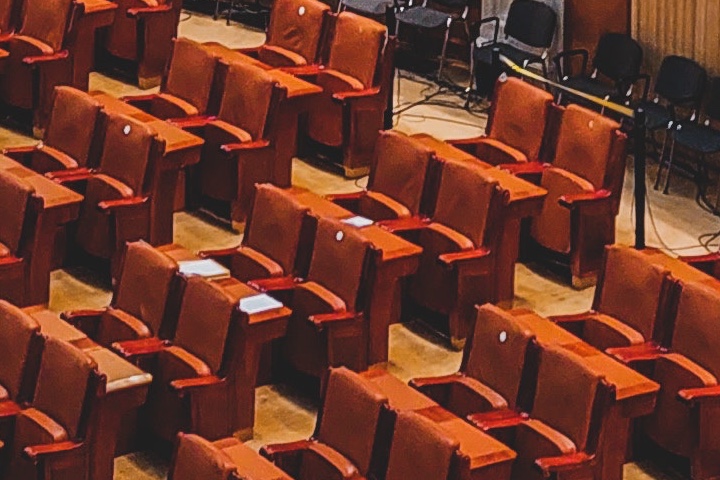Partial renewal of the constitutional court
On August 27, 2021, the process for the partial renewal of the Constitutional Court began. Pursuant to Article 179.1 of the Organic Law of Jurisdictional Guarantees and Constitutional Control, the President of the Constitutional Court shall request the highest authorities of the Legislative, Executive and Transparency and Social Control, six months prior to the end of the term of the shortlist of judges, the appointment of the persons who will be members of the Qualifying Commission.
Therefore, Dr. Hernán Salgado, current president of the Constitutional Court, proceeded in accordance with the constitutional provision and the referred functions of the State, and appointed the following members to the Qualifying Commission: Edgar Neira and Duna Martínez for the Executive function, Medardo Oleas and Luis Fernández for the Legislative function; and Rafael Oyarte and Vanesa Aguirre for the Transparency function.
In 2019, through a process of merit and opposition, the now defunct transitional Council of Citizen Participation and Social Control (CPCCS) appointed the nine judges that currently make up this judicial body. In principle, such judges could serve for a period of nine years. However, by legal mandate of article 432 of the Constitution, they shall be renewed by thirds every three years.
The partial renewal of the Constitutional Court is intended to ensure rotation and impartiality in this judicial body. As was done with the previous Constitutional Court, which, in compliance with the constitutional mandate, was partially renewed in 2015.
On August 17, 2021, through Resolution No. 007-CCE-PLE-2021, the Plenary of the Constitutional Court issued the “RULES OF THE DRAWING AND INTERNAL ORGANIZATION OF THE PARTIAL RENEWAL”, which addresses as main points: the processing of the drawing of lots and the publicity that these will have to fix the judges that will leave this Court and the management of the internal transition that the process will have in order to avoid unjustified delays in the dispatch of the cases.
Pursuant to Article 180 of the Organic Law of Jurisdictional Guarantees and Constitutional Control, the Qualifying Commission must issue a public call so that each of the aforementioned functions may send the corresponding shortlists. For such reason, the Qualifying Commission sent such call on September 16, 2021. The Legislative Branch nominated the following candidates: Milton Velásquez Díaz, Pamela Aguirre Castro and Luis Sarango Macas; the Executive Branch nominated: Andrés Martínez Moscoso, Bárbara Terán and Jhoel Escudero Soliz; and the Transparency Function nominated: Jorge Benavides Ordóñez, Mauricio Guim Alfago and María Fernanda Álvarez Alcívar.
Pursuant to Article 181, the public competition shall be held in accordance with the Regulations to be issued by the Qualifying Committee within twenty days of the publication of the list of candidates called for the competition. Likewise, the term to carry out the evaluation is thirty days. It should be noted that the candidates called may challenge their nomination within fifteen working days. For the qualification of the candidates, they will be evaluated through questions prepared by the Qualifying Committee. Once the hearings are completed, the results will be published and the three candidates with the highest scores will be appointed as constitutional judges.
Once the winners of the public contest are known, the drawing of lots to verify the outgoing members will take place on the main floor of the Constitutional Court’s headquarters through a plenary session, in which a notary public of the Metropolitan District of Quito will be present in order to make the process transparent. In the event that no magistrates express their willingness to leave office, all members of the Plenary will be taken into account to define who will leave office.
Likewise, as the Constitutional Court is nearing the end of its three-year term, a new President and Vice-President must be appointed, since their term of office is established for three years, and by express constitutional prohibition they cannot be reelected immediately.
In conclusion, the Constitutional Court is about to be renewed since, until February 5, 2022, the winners of the public competition of merits and oppositions must take office.
